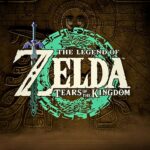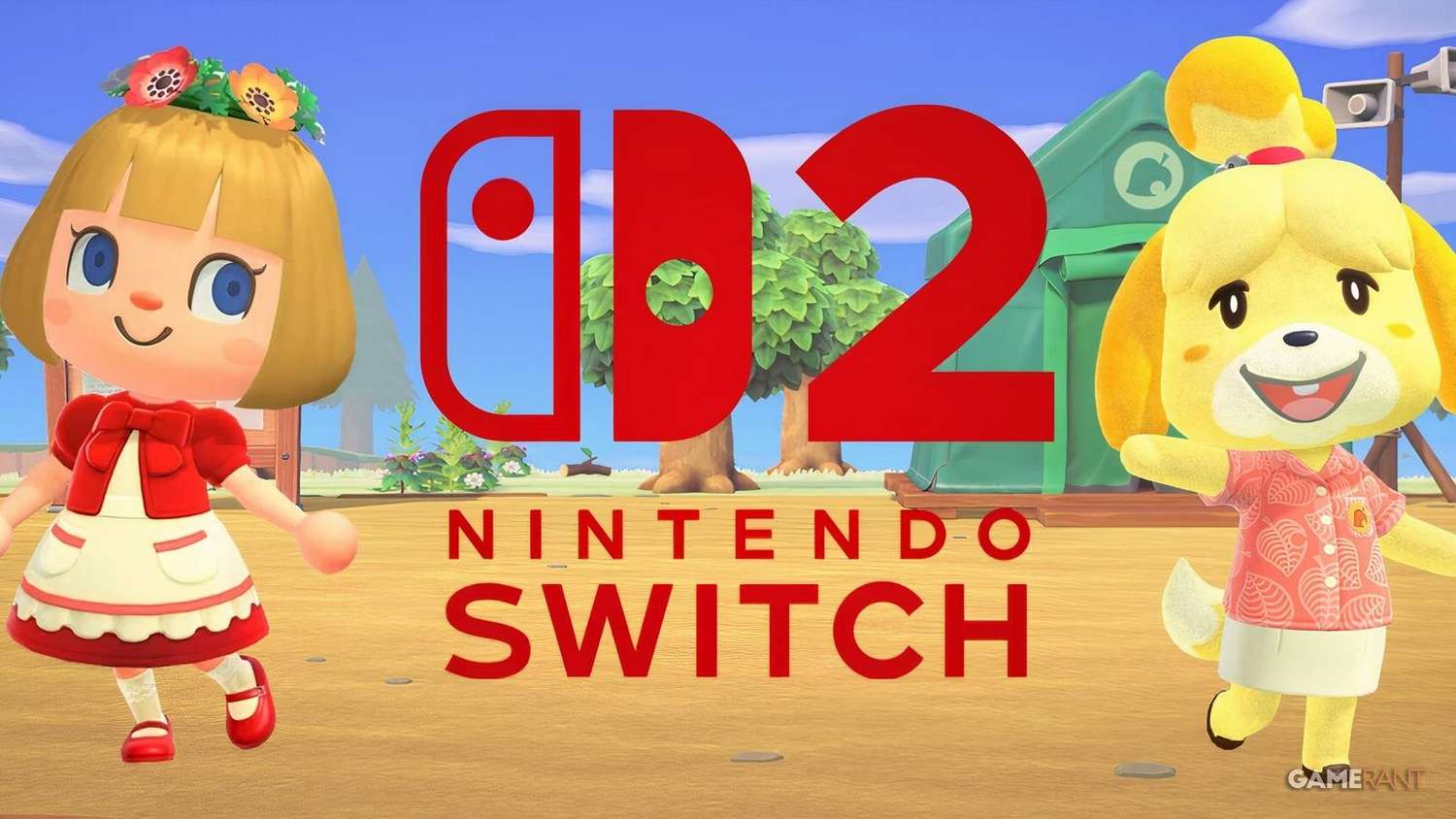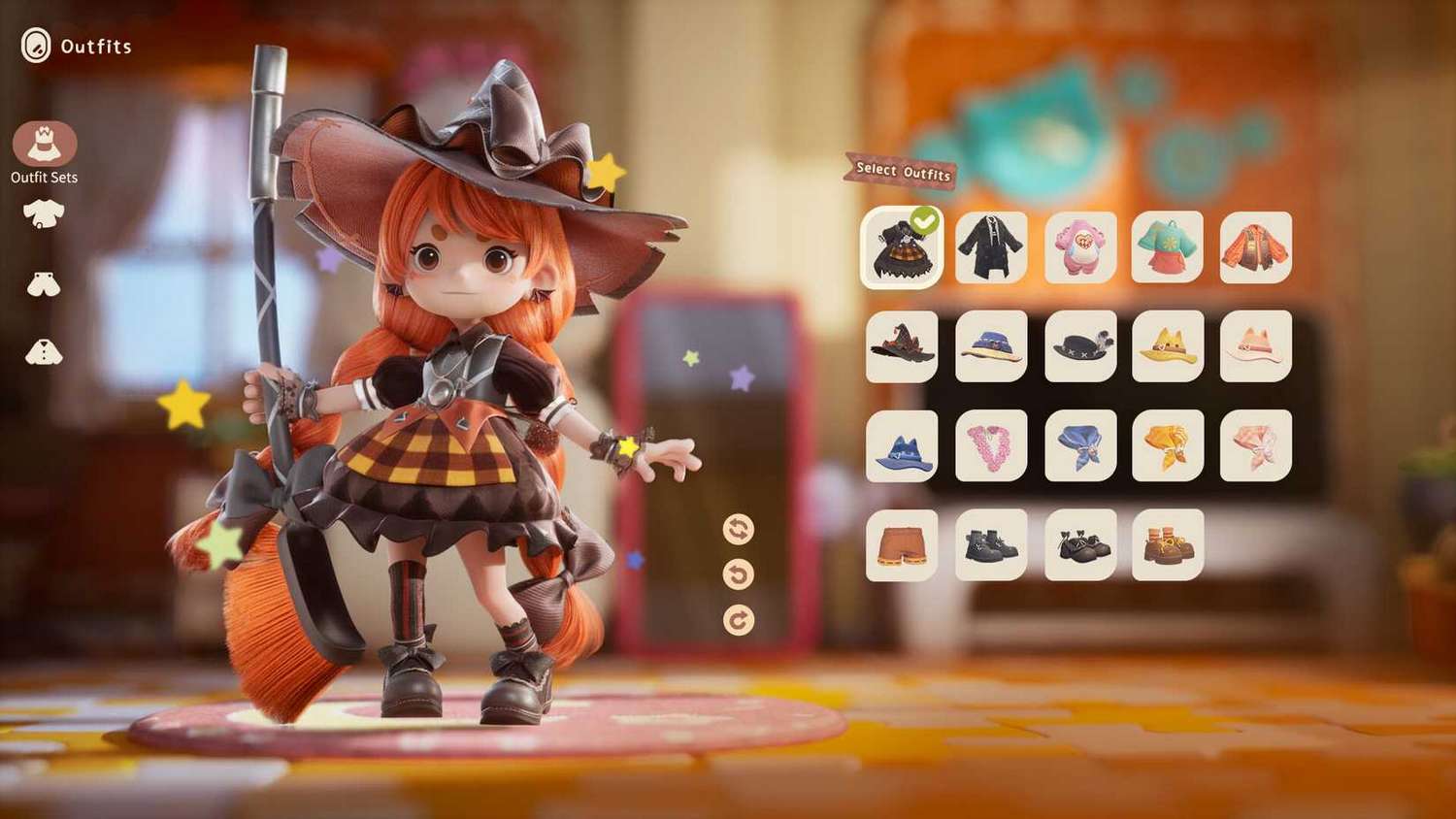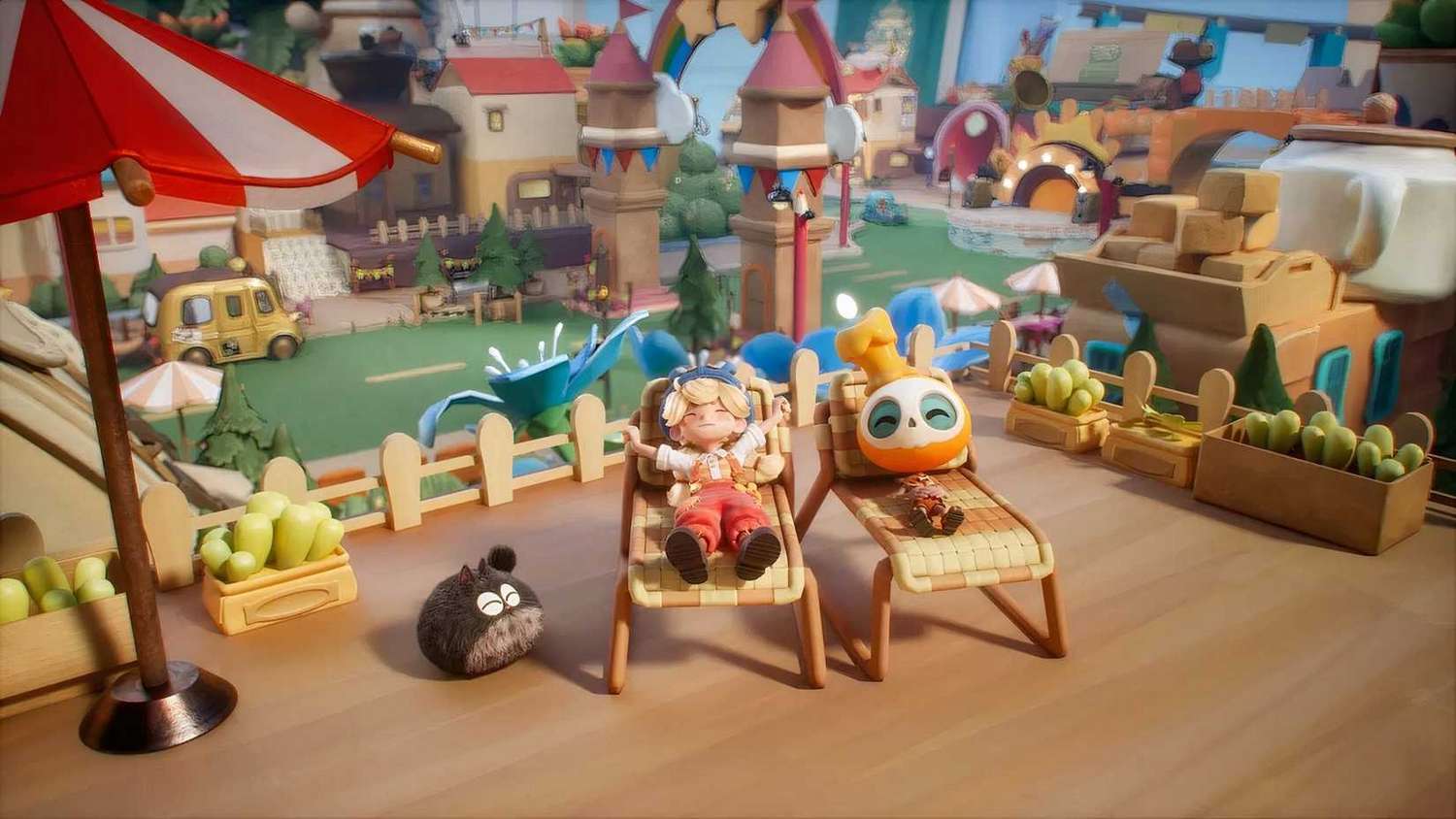Petit Planet vs. Animal Crossing: The Free-to-Play Cosmic Life Sim Poised to Challenge Nintendo’s Reign
Popular Now
 Sonic the Hedgehog™ Classic
Sonic the Hedgehog™ Classic
 Warframe
Warframe
 Free Fire Max
Free Fire Max
 Among Us
Among Us
 R.E.P.O
R.E.P.O
 EA SPORT FC 25
EA SPORT FC 25
 Grand Theft Auto V
Grand Theft Auto V
 Stumble Guys
Stumble Guys
 League of Legends
League of Legends
 The Legend of Zelda
The Legend of Zelda The Obvious Challenger: HoYoverse’s ‘Petit Planet’ Enters the Cozy Gaming Arena
The life simulation game market, long dominated by the tranquil, debt-free charm of Nintendo’s Animal Crossing series, is about to face its most significant shake-up in years. The challenger is none other than HoYoverse—the global game development powerhouse behind titans like Genshin Impact and Honkai: Star Rail. Their newly announced title, Petit Planet, is a “cosmic life sim” that, even in its early stages, is undeniably and strategically poised to go head-to-head with the mighty Nintendo.
This is not merely another independent Animal Crossing competitor; it is a meticulously calculated move by a studio with a staggering track record of building and sustaining massive, cross-platform worlds. The implications for the cozy gaming genre, and for Nintendo’s platform exclusivity, are profound.
Strategic Platform Availability: The F2P Advantage
The most crucial aspect of this burgeoning game competition lies not just in the gameplay, but in the business model and platform availability. Petit Planet is slated for a release on PC and Mobile, with ports for other platforms reportedly “in development.” This is a stark contrast to Animal Crossing: New Horizons, which is strictly a Nintendo Switch exclusive. HoYoverse is exploiting Nintendo’s greatest weakness: its closed ecosystem.
Petit Planet is confirmed to follow the successful HoYoverse formula as a free-to-play (F2P) title. This F2P model, as opposed to the typical AAA price point of an Animal Crossing installment, significantly lowers the barrier to entry, giving the game immediate access to a massive, global audience who may not own a Nintendo console. For players seeking a high-quality, relaxed life-sim experience without the need to purchase a dedicated console, Petit Planet becomes the default, high-value choice.
A Galaxy-Sized Twist on the Town-Building Formula
While the game clearly draws inspiration from the Animal Crossing core loop—customization, resource gathering, community building, and interacting with anthropomorphic “Neighbors”—Petit Planet takes the concept to a literally cosmic scale. Instead of managing a single island, players are given an entire planet to cultivate, decorate, and terraform. This elevated scope introduces a powerful new dynamic:
- Cosmic Customization: Players can modify landscapes, construct housing, and craft decorations across their entire planetoid.
- Interstellar Community: The galaxy is filled with other player planets and Neighbors, encouraging exploration and robust multiplayer functionality—an area many fans feel Animal Crossing has historically underserviced.
- Resource Farming & Discovery: The space setting allows for unique resources and a system of planetary discovery, adding a fresh layer to the typical life-sim game review metrics.
The developers have stressed that the game will “blend the joy of creation, discovery, and community-oriented experiences” (Source: Developer Press Release, September 2025). This focus on a shared, expansive universe, coupled with the proven engagement mechanics of HoYoverse titles, positions Petit Planet as a true next-generation life simulation game.
The Future Landscape: Nintendo’s Next Move and Switch 2 Speculation
The announcement of a credible, free-to-play, and multi-platform challenger comes at a critical time for Nintendo. With rampant speculation surrounding the launch of the Nintendo Switch 2 and the potential for a new mainline Animal Crossing entry, the competitive pressure is mounting. Nintendo must now not only deliver a compelling new game but also contend with a rival that has successfully captured the attention of both the PC and mobile gaming markets—markets Nintendo has struggled to dominate.
Industry analysts suggest that HoYoverse’s move will push Nintendo to innovate more aggressively with the next Animal Crossing title, particularly in the areas of deep multiplayer interaction and sustained post-launch content, two areas where the F2P giant excels. For the cozy gaming community, this competition is unequivocally a positive development, ensuring higher quality and more diverse options in the genre.
Conclusion: The Cozy War Has Begun
It is now obvious that Petit Planet is not a simple clone; it is a meticulously engineered, well-funded platform designed to establish market share in a lucrative genre. Leveraging their experience in building live-service, F2P behemoths, HoYoverse is offering a sophisticated alternative that bypasses the need for proprietary hardware. The cosmic life sim is set to make a massive impact, transforming the quiet corner of cozy gaming into a dynamic battleground where Animal Crossing’s supremacy will finally be truly tested. Gamers should keep a close watch on this title’s development, as it represents a significant shift in the balance of power within the life simulation game industry.










